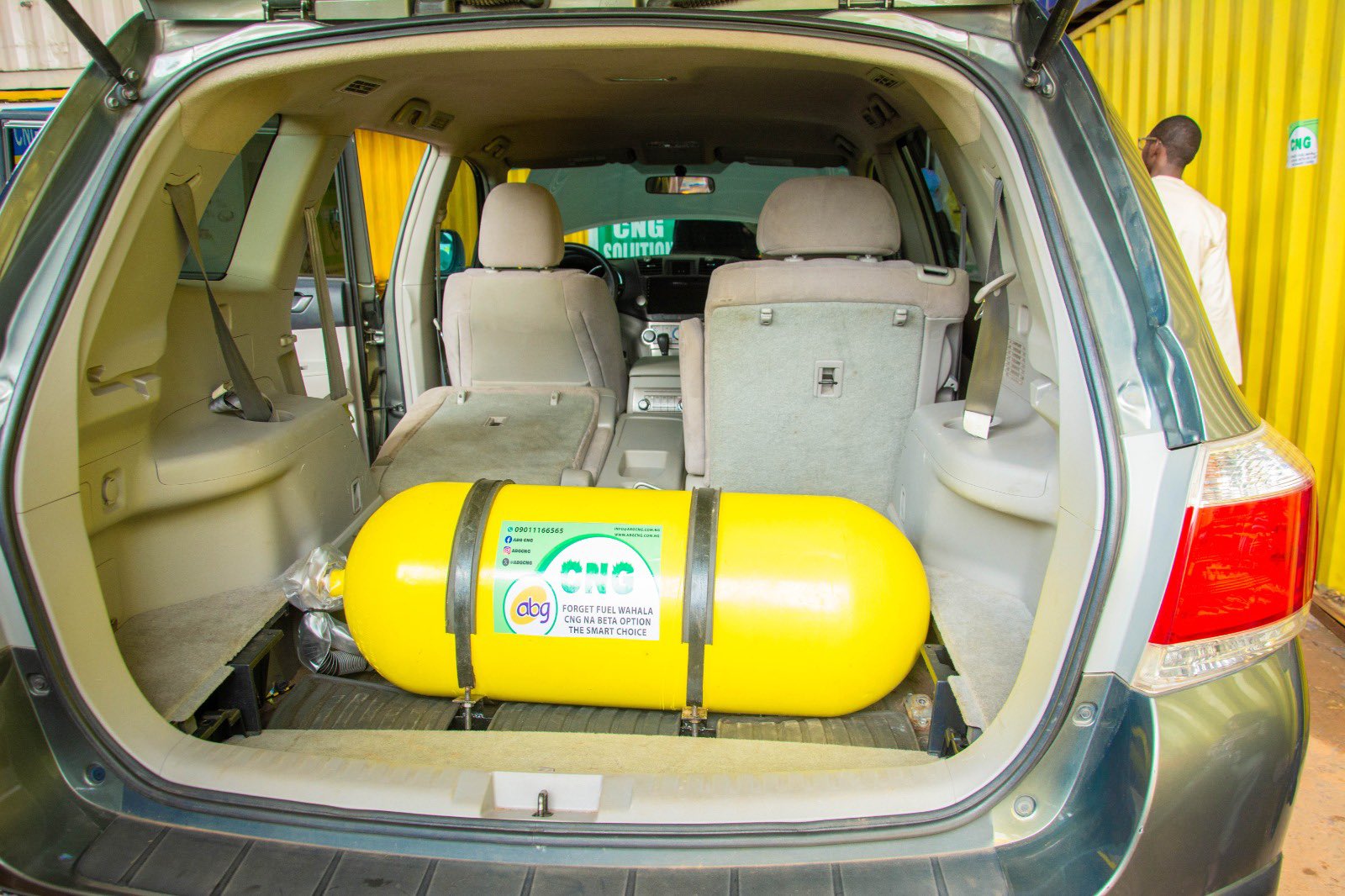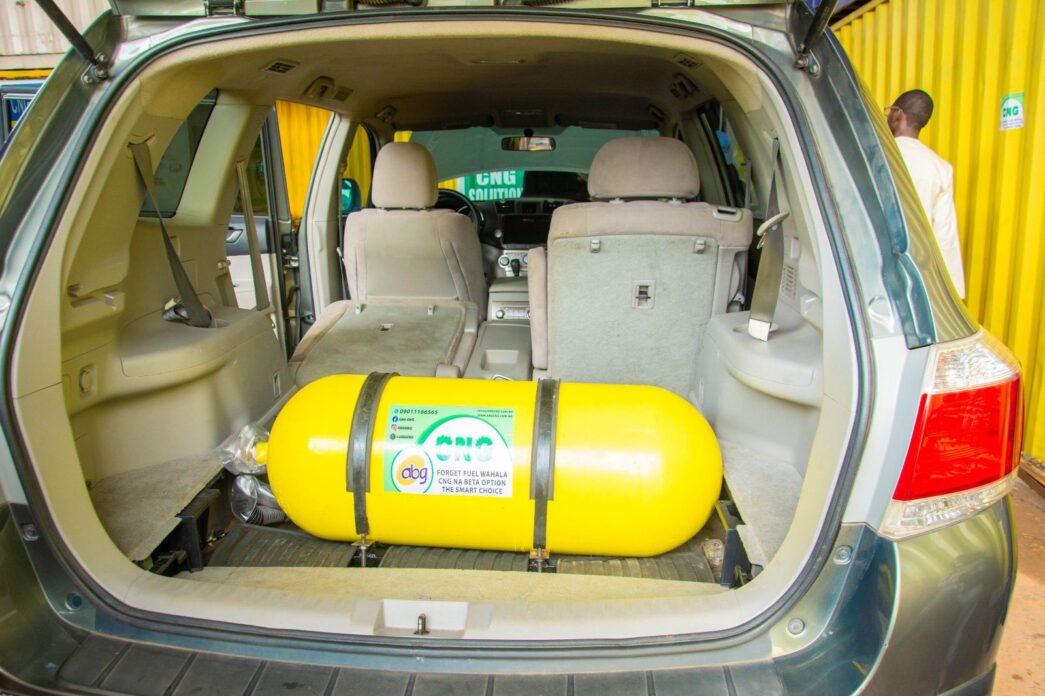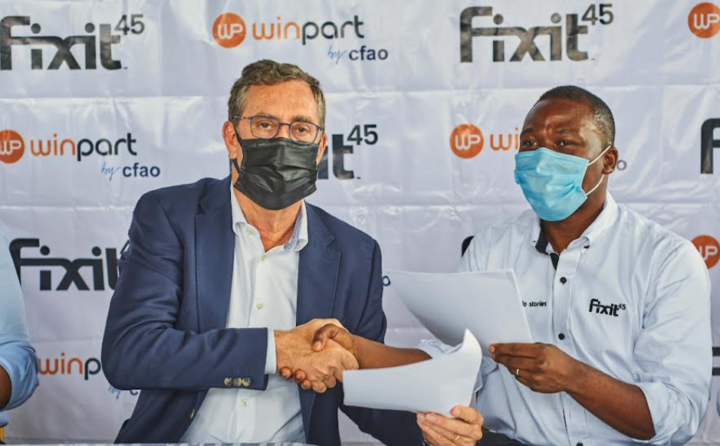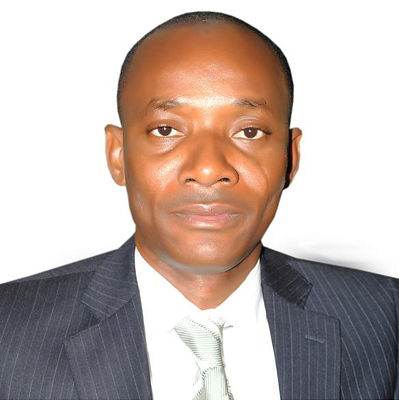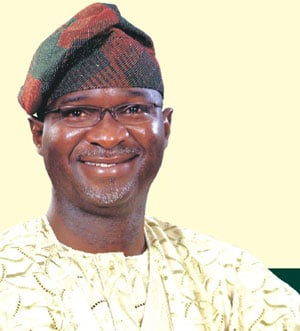The Presidential Compressed Natural Gas Initiative (PCNGi) says automobile CNG attracted $491 million (N760.64 billion) in private investments and generated 84,000 direct and indirect jobs over the past year.
Michael Oluwagbemi, PCNGi programme director, spoke on Monday while addressing State House correspondents at the fifth edition of ‘Meet the Press,’ organised by the presidential communications team at the Aso Rock Villa, Abuja.
Oluwagbemi attributed the success to extensive stakeholder engagement and public awareness campaigns conducted between May and November 2024.
“We have attracted over $491 million of investments in the past year to AutoCNG, and we are very proud of it. This has created over 9,000 direct and 75,000 indirect jobs,” he said.
Advertisement
“After an intensive stakeholder engagement and public awareness campaign from May to November 2024, the PCNGi most important achievement was to convince the private sector to invest critical funds alongside the government’s investments upon stimulation of demand by commercial vehicle operators and private vehicle users alike.”
According to the director, Nigeria’s capacity to convert vehicles from petrol or diesel to bi-fuel systems has increased by 3,000 percent, with the number of conversion centers growing from just seven to over 200 nationwide.
Oluwagbemi announced that the PCNGi team is set to achieve 10,000 vehicle conversions by the end of the first quarter of 2025.
Advertisement
He further disclosed that 405 buses have been deployed as part of agreements with the Nigeria Labour Congress (NLC) and the Trade Union Congress (TUC) during wage negotiations.
The PCNGi official acknowledged the existing shortage of CNG supply but assured that the newly launched refueling on-lending programme would help address the challenge by providing essential equipment at cost to key conversion centers and refueling partners.
He said by June 2025, the PCNGi team aims to extend CNG coverage from five to 17 states, utilising the ‘Last-Mile Gas Infrastructure Strategy’.
“25 sites are billed to benefit and 15 states are slated for this, already the first site in Kwara State is live and Kogi, Ekiti Rivers and Abuja will soon join them before May 1, 2025, by June 12 we shall have Kaduna, Abia, Enugu joining the fray with Niger, Kano and Benue following shortly thereafter,” Oluwagbemi said.
Advertisement
“To further bolster this base infrastructure, we have cooped our private sector partners to deploy over 150 new refueling locations in the next 18months.
“NNPC have already deployed 12 sites, with 8 to go this quarter, and the approval for additional 100 sought and secured for the next 18-24 months.
“We are aware that as a result of our successful awareness campaign last year and ground breaking initiatives like CIP that pay the private sector to convert vehicles to CNG, there has been a visible gap in CNG availability at the last Mile Gas Infrastructure Scheme, we note the longer queues in some localities but assure this is temporary.”
‘PLANS UNDERWAY TO INTRODUCE NIGERIAN GAS VEHICLE MONITORING SYSTEM’
Advertisement
The PCNGi programme director also announced that plans are in progress to introduce the Nigerian gas vehicle monitoring system (NGVMS), which will ensure that only properly converted vehicles can refuel at gas stations and operate on Nigerian roads.
He assured that the implementation of NGVMS would completely prevent illegal fabrication of CNG cylinders.
Advertisement
“The necessary steps to launch NGMS are ongoing are ongoing, we expect it to be in place by year end,” he added.
Addressing concerns about institutional capacity and public skepticism over safety, Oluwagbemi said the PCNGi has tackled the issues by collaborating with the federal ministry of petroleum to implement comprehensive monitoring of CNG and all gas-powered vehicles.
Advertisement
He highlighted ongoing collaborations with key agencies such as the Standards Organisation of Nigeria (SON), the National Automotive Design and Development Council (NADDC), the Nigerian Midstream and Downstream Petroleum Regulatory Authority (NMDPRA), and the Federal Road Safety Commission (FRSC).
Oluwagbemi added that the initiative is set to become active within the next 60 days.
Advertisement
